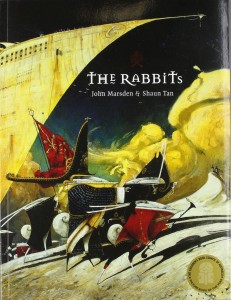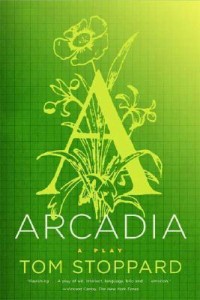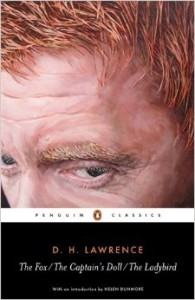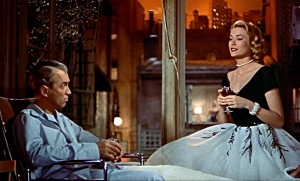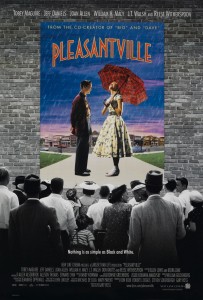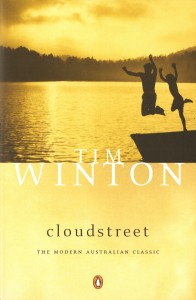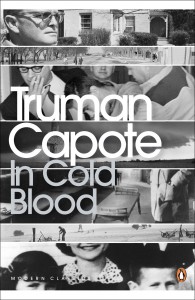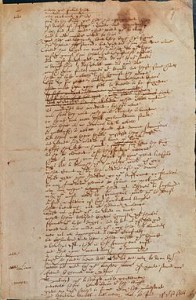 Sir Thomas More’s Speech To The Mob
Sir Thomas More’s Speech To The Mob
Recently I was getting ready to teach a unit on ‘The Tempest’ and was trying to find material on how to link Shakespeare’s plays to the modern world. I thought I was fairly knowledgeable when it came to the Bard but stumbling upon a video of Sir Ian McKellen performing a speech written by good old Will, I found myself unable to identify the play it came from. Now there are plenty of plays I would not be able to identify many lines from but this speech resonated and I found it hard to believe I hadn’t heard it before. It was relevant to today, pithy and evocative. There was passion and it wasn’t just Sir Ian’s delivery. Continue reading


